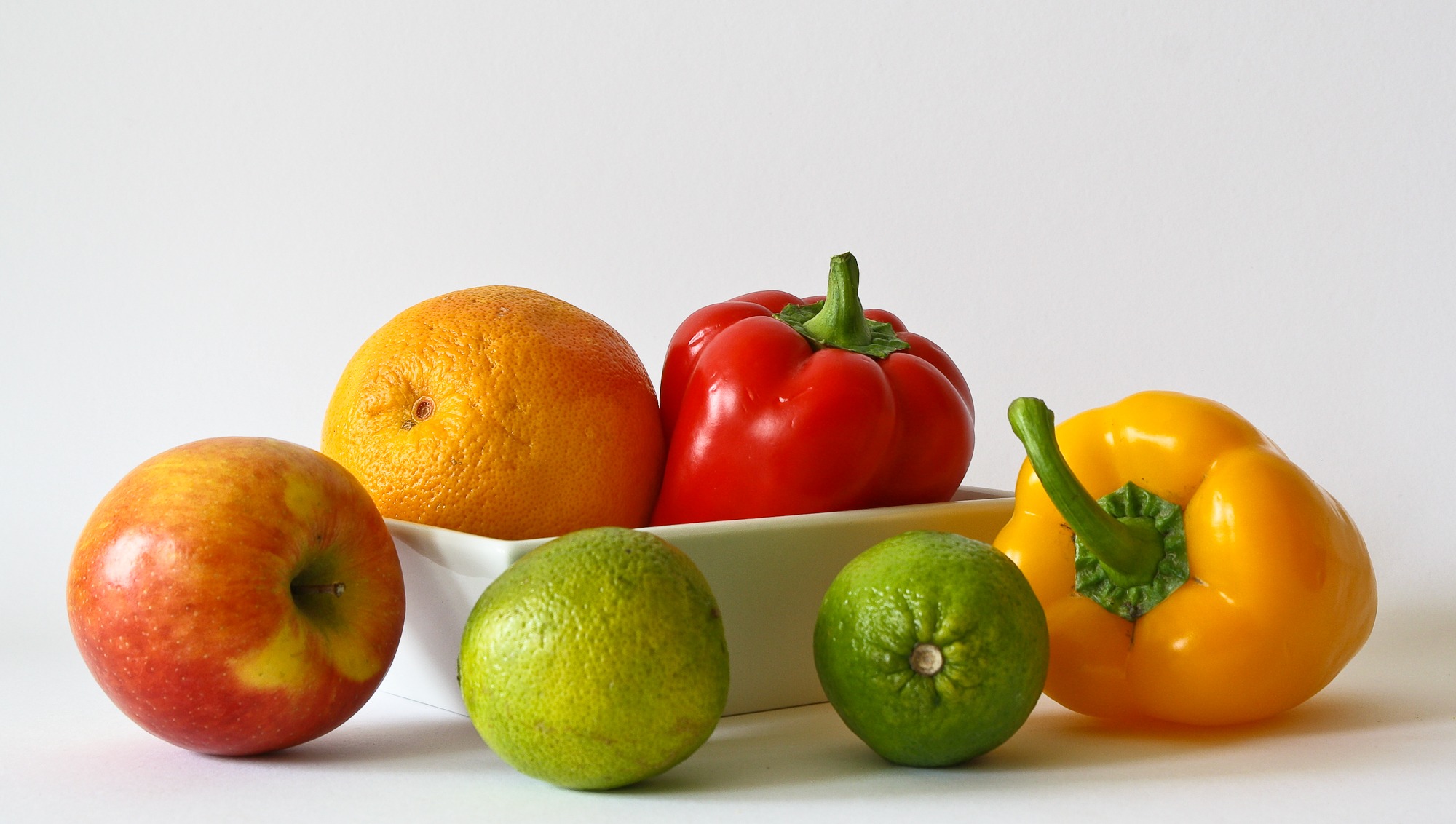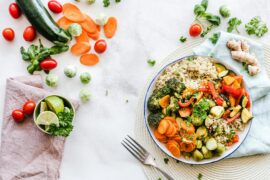There are a lot many multivitamins and supplements for women available in the market. The majority of women take at least one or more dietary supplements on a daily basis. But why? Advertisements? A personal trainer or doctor recommended it? Whatever the reasoning may be, it’s an ever-growing industry that raises many questions to all consumers.
Whether it is a multivitamin, specific nutrient, or a particular vitamin or mineral – the goal is typically prevention, maintenance, or improved health overall, all of which are valid reasons. The real question we should be considering is what supplements, if any, do you really need to be taking?

Multivitamins
Multivitamins are dietary supplements that contain most of the essential vitamins, minerals, and nutritional elements needed daily for optimal health. They are typically recommended to pick up the slack for anyone whose diet is imperfect and is sometimes considered an “insurance policy” for those who want to be sure, but probably do get adequate nutrients from their diets, and don’t actually need to take a multivitamin.
Do women need to take a multivitamin?
It depends; there is research that goes both ways. Some people absolutely need supplementation and the benefits of a daily multivitamin, others need just a few nutrients via supplementation, and the rest need absolutely nothing in addition to their whole food diet.
While multivitamins are typically packed with 10-20 nutrients, fresh fruits and vegetables are packed with hundreds of nutrients and healthful compounds! You’re better off supplementing the nutrients you know you’re deficient in, rather than consuming double or triple the amount needed due to taking a multivitamin each day.
Consult with your physician or a nutritionist to find out if you truly need to take a multivitamin.
How to choose the right multivitamin
If you do need to take a multivitamin to supplement your diet, consider your age, gender, key nutrients in the product, your nutritional needs, a composition of the multivitamin, dosage size, and the daily value amount of each nutrient contained in the product. Additionally, read reviews and consult with your doctor for a recommendation to best meet your needs.

Supplements
Supplements are used to bridge the gap where one may fall short or lack completely in their diet. Supplements are a guaranteed way to get necessary nutrients in adequate amounts on a daily basis via pill, powder, or liquid form.
Believe it or not, most women who consume a well-balanced and varied diet don’t need supplements, as they don’t have many (or any) nutritional deficiencies. For those who don’t have the most balanced and healthiest diets, supplements can be a lifesaver. A simple blood panel can key you to your current deficiencies, and the supplements that would be most beneficial for you.
Best supplements for women
Generally speaking, there are a few supplements that are most beneficial and most commonly needed in women.
- Calcium is the most abundant mineral in the body. Calcium is important for strong bones, healthy teeth, muscular function, nerve transmission, vascular contractions, hormonal secretion, and intracellular signaling. Common foods containing high amounts of calcium include dairy products and soybeans.
- Vitamin D is an important vitamin that is essential for calcium absorption, bone growth, immune and neuromuscular function, and inflammation reduction. Sunlight and egg yolks are decent sources of Vitamin D, but fortified foods or Vitamin D supplements are the best way to get adequate amounts of this vitamin daily.
- Nearly 10% of women are iron deficient. Iron is an essential mineral in the body that helps to transport oxygen and is an important part of hemoglobin, which is a transport protein in red blood cells. It is an especially important mineral for women who are pregnant or have heavy menstrual cycles, as more iron is required during these instances. Red meat and spinach are common sources of iron in the diet.
- Folic acid is the synthetic form of folate and is a B vitamin (B9) that is necessary for all women. This vitamin is particularly important for women who have the ability to get pregnant and especially for those who hope to do so or are pregnant. Folic acid is responsible for helping the body to generate new, healthy cells and aids in the functioning of the nervous system. Dried nuts and leafy greens are good dietary sources of folic acid.
- Lastly, Vitamin B12 is vital for metabolism, hormone balance, and DNA synthesis. It must be consumed in the diet as it is not produced at all by the body. It can only be found in fortified plant sources and animal proteins
Image credit: Pexels








